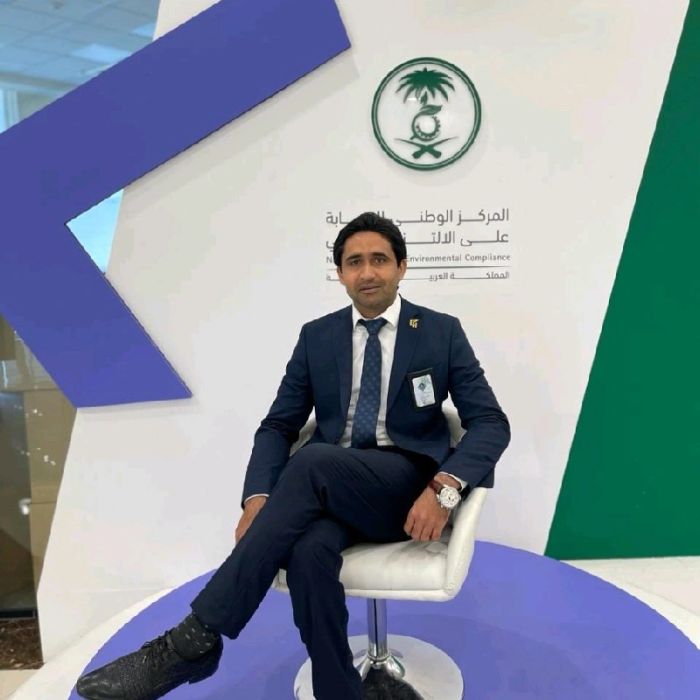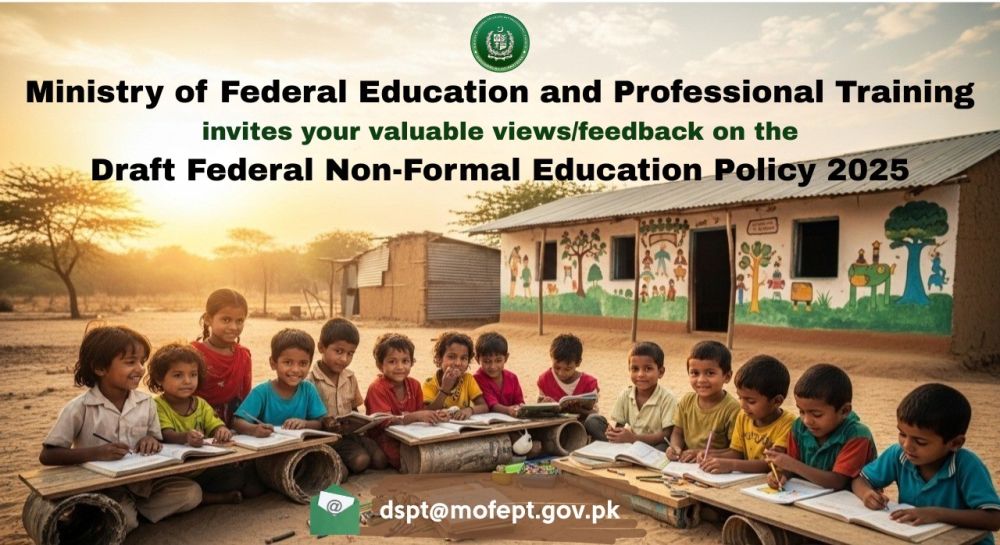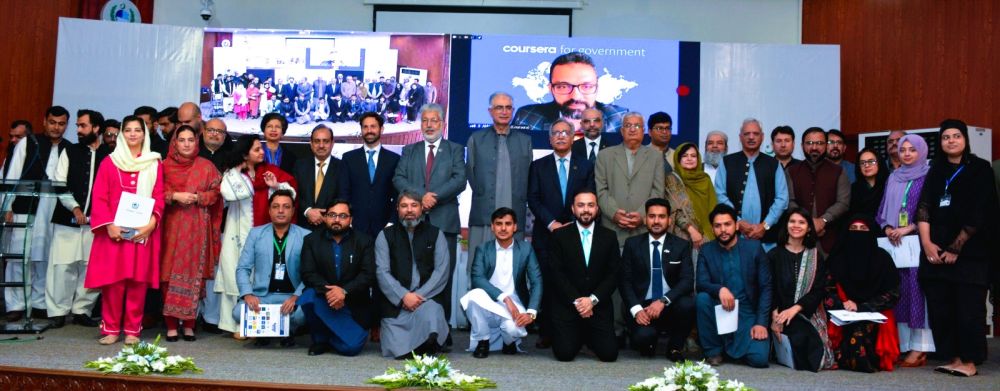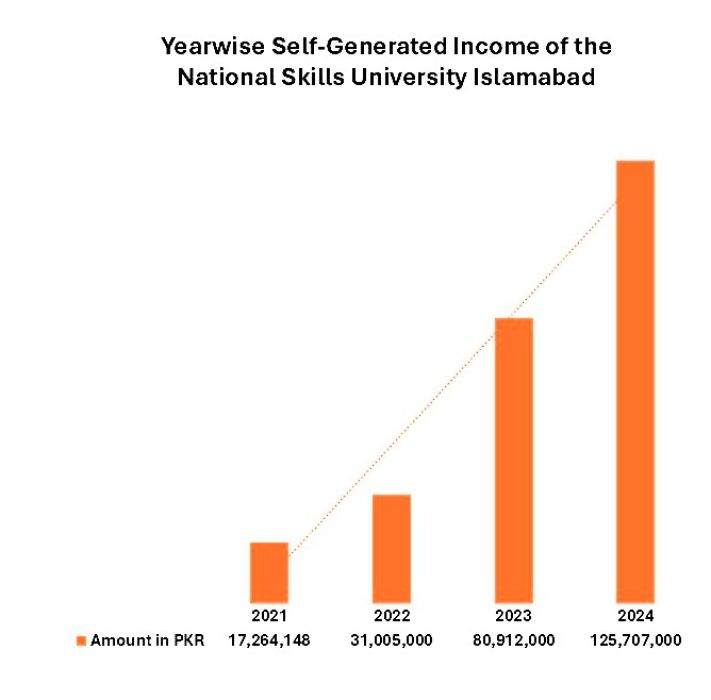Unlocking Pakistan's Youth Potential: The Case for Low-Cost Technical Education
Posted 1 year ago
Editorial
Dr. Ijaz Ahmad, PhD
International Environment Expert
Saudi National Center for Environmental Compliance
Riyadh, Saudi Arabia
For many young people in Pakistan, especially from middle and lower-middle-class families, getting a traditional education is becoming increasingly challenging. High fees for schools, colleges, and private universities make it difficult for most to afford without taking on heavy financial burdens, including loans or even selling family assets.
Despite the high cost, the benefits of traditional education often differ from the investment. After all, what's the use of spending millions to eventually land a job that only pays 50,000 to 60,000 PKR a month? Graduates with degrees in sciences, engineering, and other fields often find limited job opportunities and low wages, leading to frustration and financial strain. This imbalance highlights the urgent need for alternative educational pathways that can offer better returns on investment.
However, a promising alternative has emerged in the form of low-cost technical education. Several institutions have been established, offering practical skills and training that are accessible and affordable for everyone, particularly the middle class. A shining example of success in this sector is the National Skills University in Islamabad. This institution, along with other esteemed institutions like the National University of Technology and Punjab Tianjin University of Technology, is a testament to the potential of low-cost technical education. They provide vital skills needed in today's job market, equipping students with hands-on skills that are in high demand globally, ensuring they remain relevant and employable across various industries.
Recognizing the urgent need to address the educational and employment needs of its youth, the Pakistani government has taken a commendable step by emphasizing technical education in its recent educational initiatives. Given that Pakistan is the fifth largest country globally with 64% of its population classified as youth, these efforts are not just important, but crucial. The effectiveness of education and skill development strategies implemented today will determine the country's future trajectory. However, the announced initiatives are not sufficient on their own. With the recent declaration of an educational emergency, the new incumbent government must take the lead in prioritizing technical education even further. This involves establishing more technical higher education institutions (HEIs), increasing funding, expanding capacity, enhancing human resources, and broadening the outreach of existing technical institutions. Additionally, there should be significant investment in improving the labs and technical learning environments to add more value to these educational offerings.
The consequences of neglecting to provide education and employment opportunities for this young population are severe. Overburdened social services, increased socio-economic challenges, and political instability are not just potential risks, but very real possibilities. Low-cost technical education not only helps unlock the potential of Pakistan's youth but also offers a way to boost economic growth and modernization. Skills acquired through technical education enable young people to become self-employed, start small businesses, and contribute to economic development. Moreover, these skills are in demand internationally, especially in regions like the Middle East, Japan, and Europe, creating opportunities for employment abroad. Foreign remittances, which are a significant part of Pakistan's economy, were projected by the World Bank to reach $28 billion in 2023. These remittances largely come from Pakistanis working overseas, many of whom are technically skilled.
In conclusion, shifting towards low-cost technical education significantly changes Pakistan's educational landscape. This approach will equip the youth with the necessary skills to lead fulfilling lives and contribute to a prosperous and sustainable future. Technical education offers a pathway out of poverty and positions Pakistan as a key player in the global knowledge economy.





